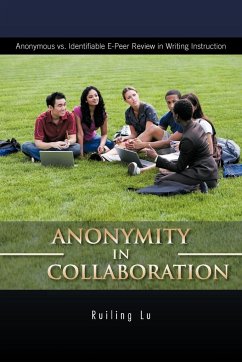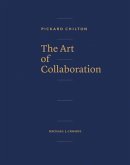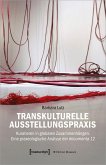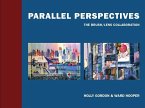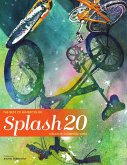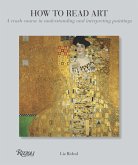This study compared the effects of anonymous e-peer review with identifiable e-peer review on student writing performance and perceived learning satisfaction. It also investigated whether anonymous e-peer review facilitated a greater amount of critical peer feedback. Quasiexperimental design was used to test group differences on the dependent variables. Participants were forty-eight freshmen enrolled in two English composition classes at an American urban university. The two intact classes taught by the same instructor were randomly assigned to the anonymous e-peer review group and the identifiable e-peer review group. The results of the experiment showed that students in the anonymous e-peer review group outperformed their counterparts in the identifiable e-peer review group on writing performance; students in the anonymous e-peer review group provided a greater amount of critical feedback and lower ratings on their peers' writing. No significant differences between the anonymous e-peer review group and the identifiable e-peer review group were found on student learning satisfaction.
Hinweis: Dieser Artikel kann nur an eine deutsche Lieferadresse ausgeliefert werden.
Hinweis: Dieser Artikel kann nur an eine deutsche Lieferadresse ausgeliefert werden.

